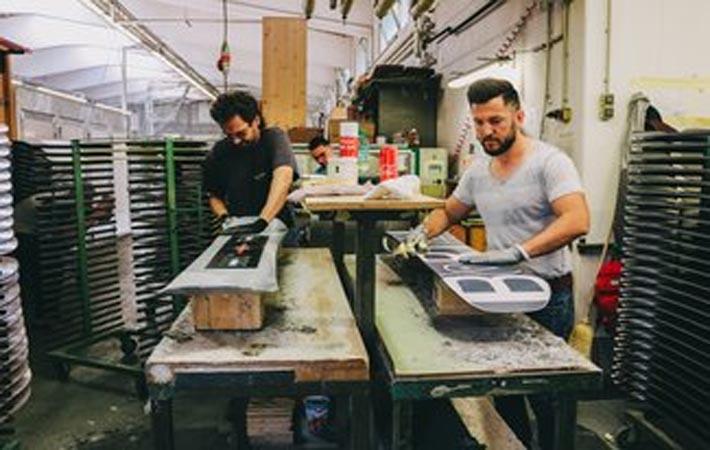Fair Labour Association (FLA) has accredited Burton’s supply chain social responsibility programme. FLA accreditation is the gold standard for a systems-level approach to human rights compliance and social responsibility. It implies that a company has comprehensively implemented systems to successfully uphold fair labour standards in its supply chain.
Accreditation requires companies to meet benchmarks that fully align with the International Labour Organisation, UN Guiding Principles, and the Organisation for Economic Co-operation and Development.Fair Labour Association (FLA) has accredited Burton's supply chain social responsibility programme. FLA accreditation is the gold standard for a systems-level approach to human rights compliance and social responsibility. It implies that a company has comprehensively implemented systems to successfully uphold fair labour standards in its supply chain.#
“FLA accreditation is a major accomplishment that Burton is incredibly proud of, but this work is never finished. We are committed to continuous progression in our supply chain practices to improve the wellbeing of all workers that make our products. Success in sustainability means moving the benchmark forward for ourselves and across the industry,” the company said.
The company’s product line includes gear that supports snowsports and the mountain lifestyle–from Anon helmets and goggles to Burton boards, boots, bindings, outerwear, apparel, packs, and even camping equipment.
Burton has developed international operations as a brand, retailer, and snowboard manufacturer. It has also established partnerships with factories around the world to produce its broad range of products beyond boards. “Particularly in the textile industry, the prevalence of unethical conditions in factories is well documented and heartbreaking. We, as a brand, want to affect positive change for our people, our factories, and create ripples in the industry as a whole by trying to fix a broken system,” the company said.
“During the last decade, we committed to reviewing the social and environmental impacts within our own supply chain and continue to make meaningful improvements,” it said.
In 2012, the company established the Burton supplier Code of Conduct – the principles which all manufacturing partners must uphold. It audits suppliers according to strict social responsibility standards in order to understand the greatest risks that factory workers face and to establish corrective action plans for suppliers’ practices. “Over a five-year period, we made difficult decisions to end relationships with nearly half of the factories we had previously partnered with, driven in part by their inability or unwillingness to meet Burton’s social responsibility standards,” it said.
“We’re committed to cultivating long-term, healthy, transparent supplier relationships which place people and planet at front and centre. We help suppliers build toward best practices to protect factory workers, human health, and the environment. We conduct trainings when significant issues are found, support factory-specific sustainability projects, and host biennial supplier summits to reaffirm our brand commitments and expectations,” it added.
Burton became a participating company of the Fair Labour Association in 2016 to ensure safe conditions, ethical treatment, and fair labour practices throughout the company and supply chain. The FLA promotes and protects workers’ rights and improves workplace conditions by monitoring adherence to rigorous labour standards and facilitating collaboration among businesses, civil society organisations, and colleges and universities.
ALCHEMPro News Desk (SV)
